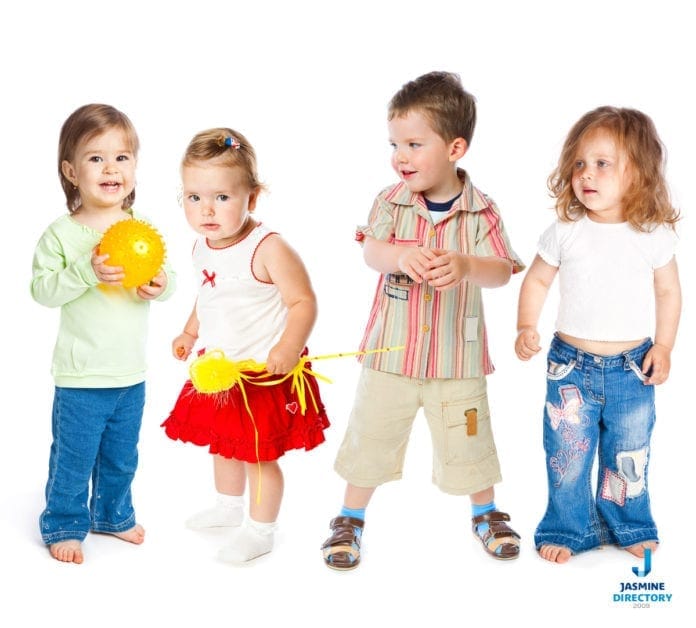Aside from moving to a remote part of the country and homeschooling your children, it’s next to impossible to shelter kids from the dangers of living in modern society. It’s becoming increasingly common for toddlers and even newborns to have social media profiles even though they are too young to read and write!
Social media probably isn’t going to go away anytime soon, and for most people, it doesn’t threaten people’s safety one bit. However, when it comes to children, parents need to be aware of how their kids are using their social media pages and encourage them to be cautious about who they interact with online. Here are some important factors to consider before letting your kids sign up for Facebook.
We Only Hear About Sensationalized Cases
Keep in mind that the horror stories that we seem to hear on a daily basis about social media stalkers are largely isolated cases, and some have even been exaggerated. Also, when Internet use first became mainstream, many people simply weren’t taking common sense safety precautions because it was such a new medium. These days, cyber safety practices are much more commonplace. Parents should begin teaching cyber awareness and online safety principles to their kids at an early age.
How to Keep Your Child’s Social Media Pages Safe
You have every right as a parent to insist that your child not make his or her profile visible to the public and that it is understood that you have the right to review their profiles anytime that you want. You should also talk with your child about best practices when it comes to cyber safety. It’s also important that your child is comfortable coming to you if they’re ever approached by an unsavory individual on the Internet. Some children may feel embarrassed to tell their parents that someone online is behaving in a suspicious fashion.
Always reassure your child that they can freely confide in you. While it’s best not to frighten your children with ‘terrifying tales’ of Internet predators, children need to know that there are people out there who may disguise themselves as other children in order to gain trust. Your child’s social media “friends” should only be age-appropriate people who both you and the child actually knows in real life.
Kids Need to Know What NOT to Post on Social Media
No matter how secure you think your child’s social media page is, there are certain things that simply should not be posted on it. For instance, if your child is a latchkey kid who is home alone for part of the day, that should never be posted online. Your child should also not post his or her route to and from school or when he or she will be going to the park to play. No specific details about your family, or your routine should ever be posted online.
Other Ways that Social Media Can Harm Your Family
Not only can inappropriate use of social media endanger your child, it can put your entire family at risk as well. Some criminals may want to access your home while you’re gone so that they can steal your valuables. Although it’s tempting for your child as well as yourself to post about the exciting vacation that you’re about to take, potential thieves are now using social media as a way to case houses.
It’s best to keep quiet online about your upcoming absence and wait until you return home to post the vacation pictures. Keep in mind that even if you think that your social media postings are private, that frequently is not really the case. One prominent social media platform was recently found to have compromised the privacy of millions of its members.
Social Media Use and Bullying
One of the saddest side effects that social media use has had on our society is its role in online bullying. This is most common among kids who actually know each other and probably attend the same school. As a parent, it’s important to stay alert to signs that your child may be being bullied via social media. However, it’s also important that you’re careful to notice any signs that your child may be participating in bullying another child. Children caught using social media to bully others should have their account privileges taken away until they have demonstrated that they’ve developed the sufficient maturity to handle having their own social media page.
Deciding if it’s safe for your child to use social media is a person decision every parent has to make for themselves. It’s up to you as a parent to monitor their activities in order to keep them and the rest of your household safe. Keep in mind that learning to navigate the digital world that technology has given us is a skill that we all need to learn. It is not an ability we are automatically born with. It’s your job as a parent to show your kids how to use social media in a responsible manner.
